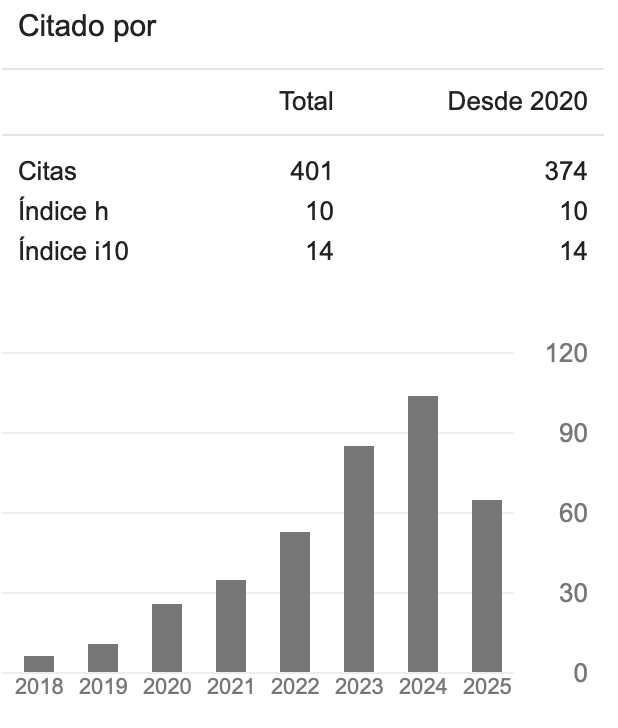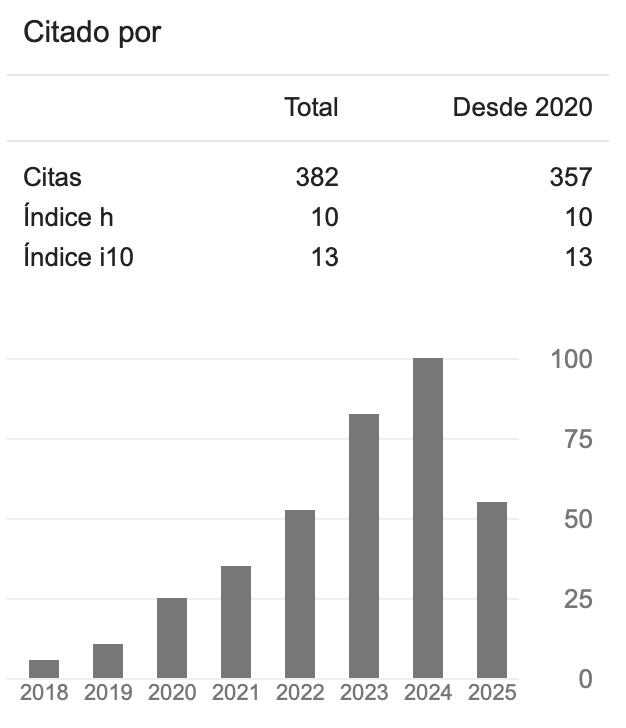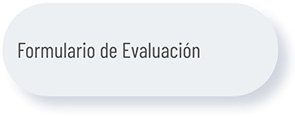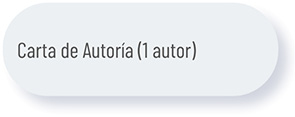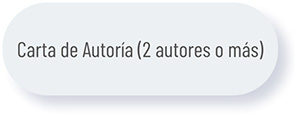Politics
Preservation Policies
Archiving and Content Preservation
DAYA Journal manages its storage in reliable national and international databases such as LATINDEX, DIALNET, BASE, RED IBEROAMERICANA (REDIB), DOAJ, RESEARCH BIB, and ROAD, as well as in the University of Azuay’s institutional repository, following publication. The information security and safeguarding systems and protocols of the University of Azuay in Cuenca, Ecuador, ensure the journal’s digital archiving.
In addition, DAYA is harvested by the RRAAE (Open Access Repository of undergraduate, graduate, and doctoral theses from Ecuadorian higher education institutions). This repository takes part of the Federated Network of Institutional Repositories of Scientific Publications of Latin America and the Caribbean, whose purpose is to facilitate the management, organization, and preservation of open-access digital content produced by academic and scientific institutions in the region, ensuring interoperability through metadata standardization in accordance with the DRIVER 2.0 guidelines.
Access and Reuse Policies
Open Access Statement
DAYA. Design, Art and Architecture is an open-access journal, meaning that all its articles are freely available online to readers immediately after publication in June and December. All users have unrestricted, global, and free access to the research articles published in DAYA. Open access enhances the visibility and readership of the published contributions and accelerates the dissemination process.
Authors retain full copyright of their published contributions. The journal’s copyright policy requires appropriate citation of the author(s) of any reproduced content, in whole or in part, provided that it is not used for commercial purposes. This recognizes the intellectual property of both the authors and the University of Azuay as the publishing entity.
DAYA Journal does not charge authors for editorial processing or publication, nor readers for access to the scientific information available on its digital platform.
The only conditions established under the Creative Commons Attribution–NonCommercial–ShareAlike (CC-BY-NC-SA) license are as follows:
- DAYA Journal must be clearly identified as the copyright holder of the original publication.
- Any derivative work must be published and distributed under the same open-access license as the original publication.
Most titles are published under a Creative Commons (CC) open-access license. The specific conditions for use of repository content are as follows:
Reconocimiento-NoComercial-CompartirIgual 4.0 Internacional
Responsibility for Content and Website Maintenance
The Editorial Board, represented by the Editor-in-Chief and Executive Editors, together with the Technical Support Team responsible for the journal’s Open Journal System (OJS), are accountable for the information, maintenance, and display of the online portal:
Responsibility for Content
- The Editorial Board of DAYA Journal oversees the production and control of the information published on the OJS platform.
- The Board conducts biannual reviews (in January and July) of the guidelines and standards of major scientific databases to ensure continuous improvement and compliance with quality academic production requirements.
- Under the journal’s Code of Ethics, the Editorial Board guarantees the editorial quality of the academic content.
- The Board regularly informs and seeks the approval of the Advisory Council regarding published academic content. After each publication (in January and July), an email notification is sent to the Council requesting its review.
- Through biannual meetings (virtual or otherwise) with Advisory Council members, topics related to journal quality, editorial statistics, continuous improvement, and dissemination within academic networks are discussed.
Updating the Information and OJS Portal
- The Editorial Board and Technical Support Team ensure the biannual publication of the journal (June and December).
- The navigation menus and content of the OJS portal are reviewed and updated semiannually (January and July).
- Periodic statistical reports are generated regarding the journal’s editorial processes: number of downloads, number of published contributions, number of rejected articles, average editorial processing times, and other relevant metrics. These reports are presented visually (tables and graphs) twice a year (January and July).
Anti-Plagiarism Policies
For an article to be considered for publication, it must successfully pass plagiarism detection software. DAYA Journal uses Turnitin, a digital platform for verifying originality and detecting plagiarism.
The journal’s anti-plagiarism policy requires that every submitted article be analyzed using this software. If an article contains uncredited or copied material, it is returned to the author for correction and re-evaluation. A second plagiarism check is conducted upon resubmission.
If the author fails to correct the issues within the established timeframe or the article does not pass the second plagiarism review, it will not proceed to the editorial stage and will not be considered for publication.

